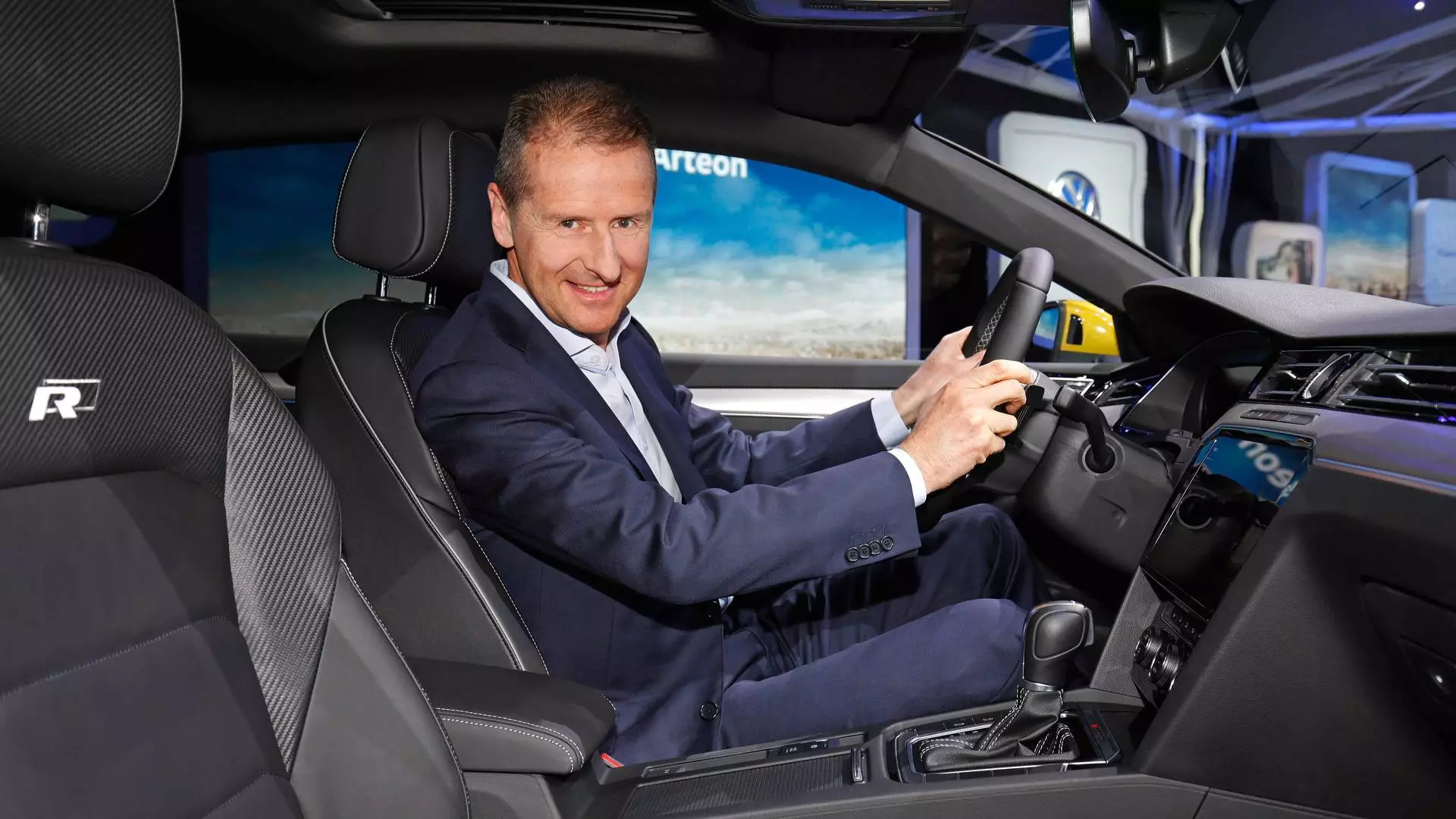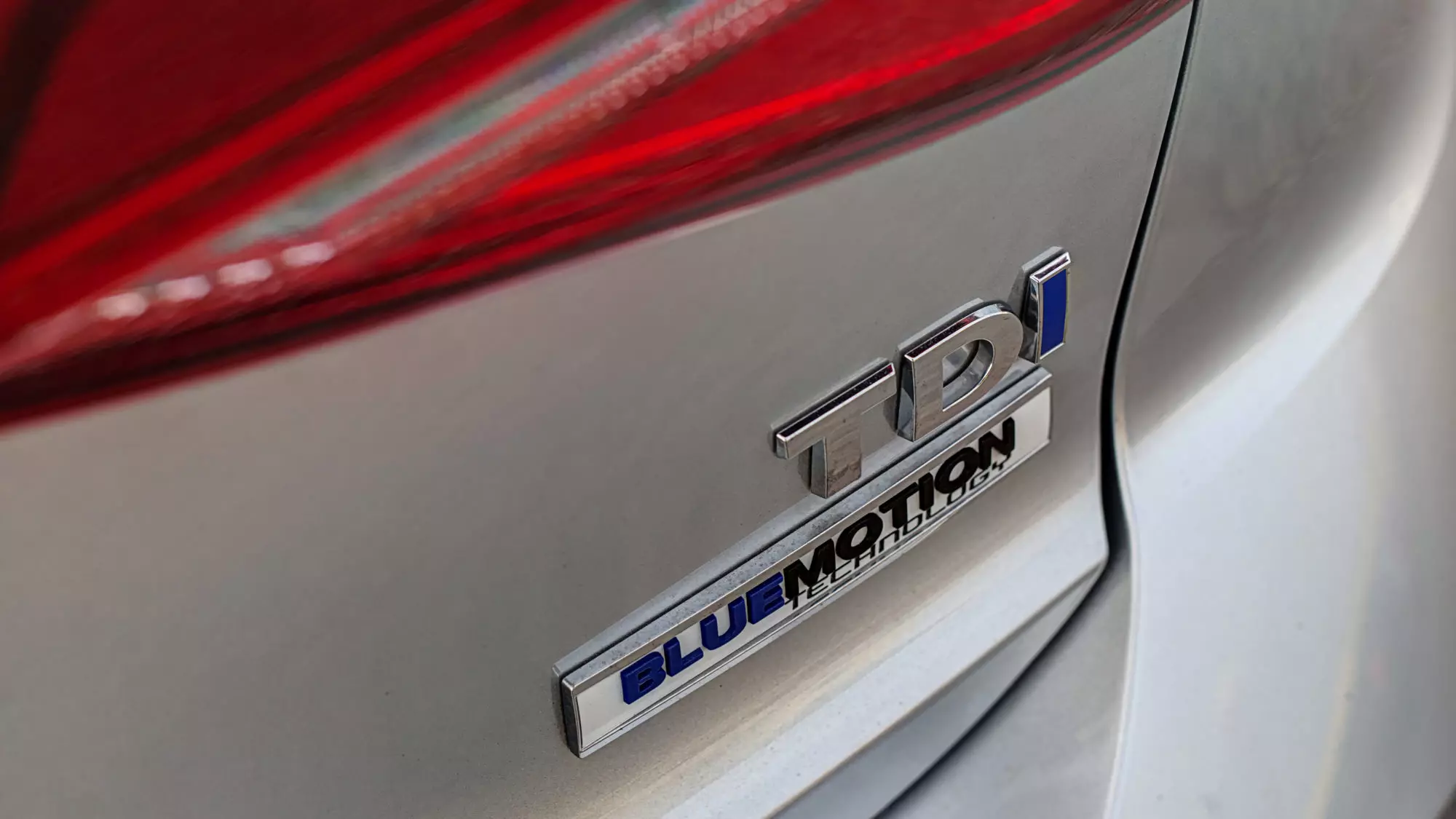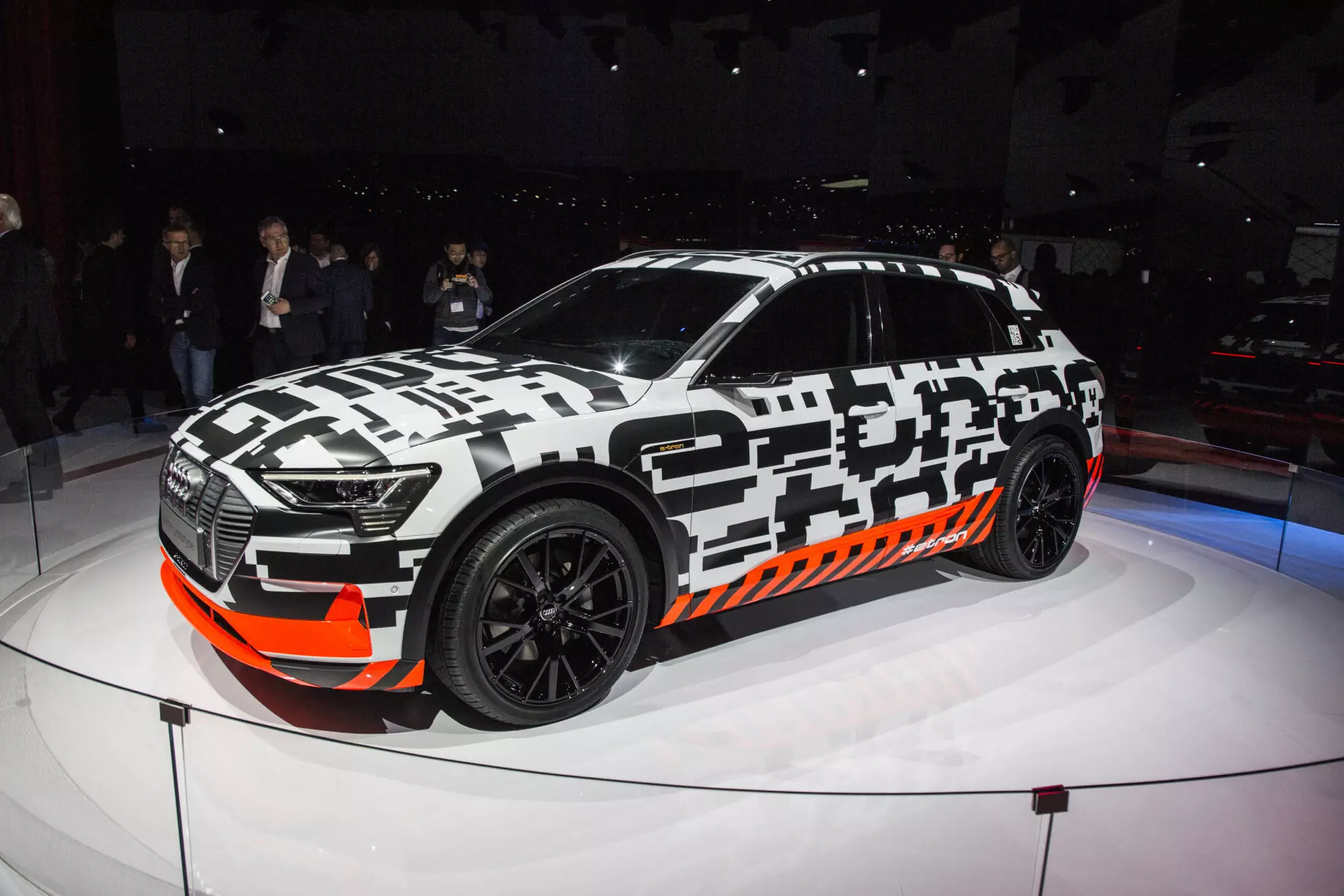Herbert Diess , the new executive director of the Volkswagen Group, in a recent interview with Autocar, brought some clarity about the near future of the German giant. Not only did he reveal the main features of his strategy, but also referred to the necessary change in corporate culture, especially when it comes to decision-making, where he compared the group to a supertanker.
Herbert Diess, Volkswagen Group CEO(The Group must change) from a slow and heavy supertanker to a group of powerful speedboats.
Still Diesel
But before discussing the future, it is impossible not to mention the recent past, marked by Dieselgate. “We must and will do everything we can to ensure that nothing like this happens again in this company,” said Diess, justifying the ongoing corporate cultural changes, in the search for a healthier, more honest and truer company.

According to the new strongman, repair calls for the affected vehicles should be completed this year — so far 69% of planned repairs have been completed globally and 76% in Europe.
The changes made to affected vehicles allow for a 30% reduction in NOx emissions, according to Diess. The latter also mentions that, in Germany, 200 thousand vehicles have already been exchanged under vehicle exchange programs.
Diess acknowledged Volkswagen's role in Diesel's commercial decline: "it is partly due to us that Diesel has mistakenly fallen into disrepute." Regarding the announcements made by Germany, the United Kingdom and Norway, regarding the ban on circulation or even the sale of Diesel cars, the manager considers it “the worst possible solution”.

And despite the strong commitment to electrification, the combustion engine was not forgotten: “we are still investing in gasoline, diesel and CNG. Future engines will emit 6% less CO2 and up to 70% less pollutants (including NOx) compared to today.”
Group with new structure
But apart from the Dieselgate repercussions, it is now interesting to look ahead. One of the first steps taken by Herbert Diess was to reorganize the group into seven units, to ensure faster and more efficient decision-making.These become:
- Volume — Volkswagen, Skoda, SEAT, Volkswagen Commercial Vehicles, Moia
- Premium — Audi, Lamborghini, Ducati
- Super Premium — Porsche, Bentley, Bugatti
- heavy — MAN, Scania
- Procurement and Components
- Volkswagen Financial Services
- China
Challenges
A necessary reorganization to face a context with accelerated changes: from the emergence of new rivals in the markets, where the group is already well established, to geopolitical issues that tend towards protectionism — an allusion to Brexit and the American president Donald Trump —, even questions of a technical nature.
A clear reference to the new WLTP tests that will go into effect on September 1st. Diess says that they have been preparing in time for the new tests, but even so, considering the vast number of models and variants that require technical interventions and subsequent tests, this warning can lead to temporary "bottlenecks" — we have previously reported the suspension temporary production of some models such as the Audi SQ5.
FOLLOW US ON YOUTUBE Subscribe to our channel
electric future
Looking ahead, Herbert Diess has no doubts: the electric is "the engine of the future" . According to the German, the Volkswagen Group's strategy is the “widest electrification initiative in the industry”.

The sale of three million electric cars per year is promised in 2025, when 18 100% electric models will be available in the brand's portfolio. The first to arrive will be the Audi e-tron , whose production will start in August of this year. The Porsche Mission E and the Volkswagen I.D. will be known in 2019.
Herbert Diess, Volkswagen Group CEOI hope 2018 will be another good year for the Volkswagen Group. We will make progress towards being a better company in every aspect. My goal is to transform the company.
Diess still expects a moderate increase in sales — the group sold 10.7 million cars in 2017 — and in the group's turnover, as well with a profit margin between 6.5 and 7.5%. This will be boosted by the arrival of models for higher segments and SUVs, such as the Audi Q8, Volkswagen Touareg and Audi A6.
